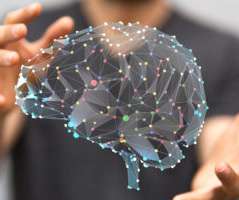“A Liminal Moment in Social Work”: Access NASW’s Social Work Journal Online
Social Work Blog
MARCH 31, 2023
Burned Out, Engaged, Both, or Neither? Exploring Engagement and Burnout Profiles among Social Workers in Spain Few studies have analyzed the existence of homogeneous groups in burnout and engagement among professionals, and none in social workers. The research has implications for the practice of child social workers.












Let's personalize your content